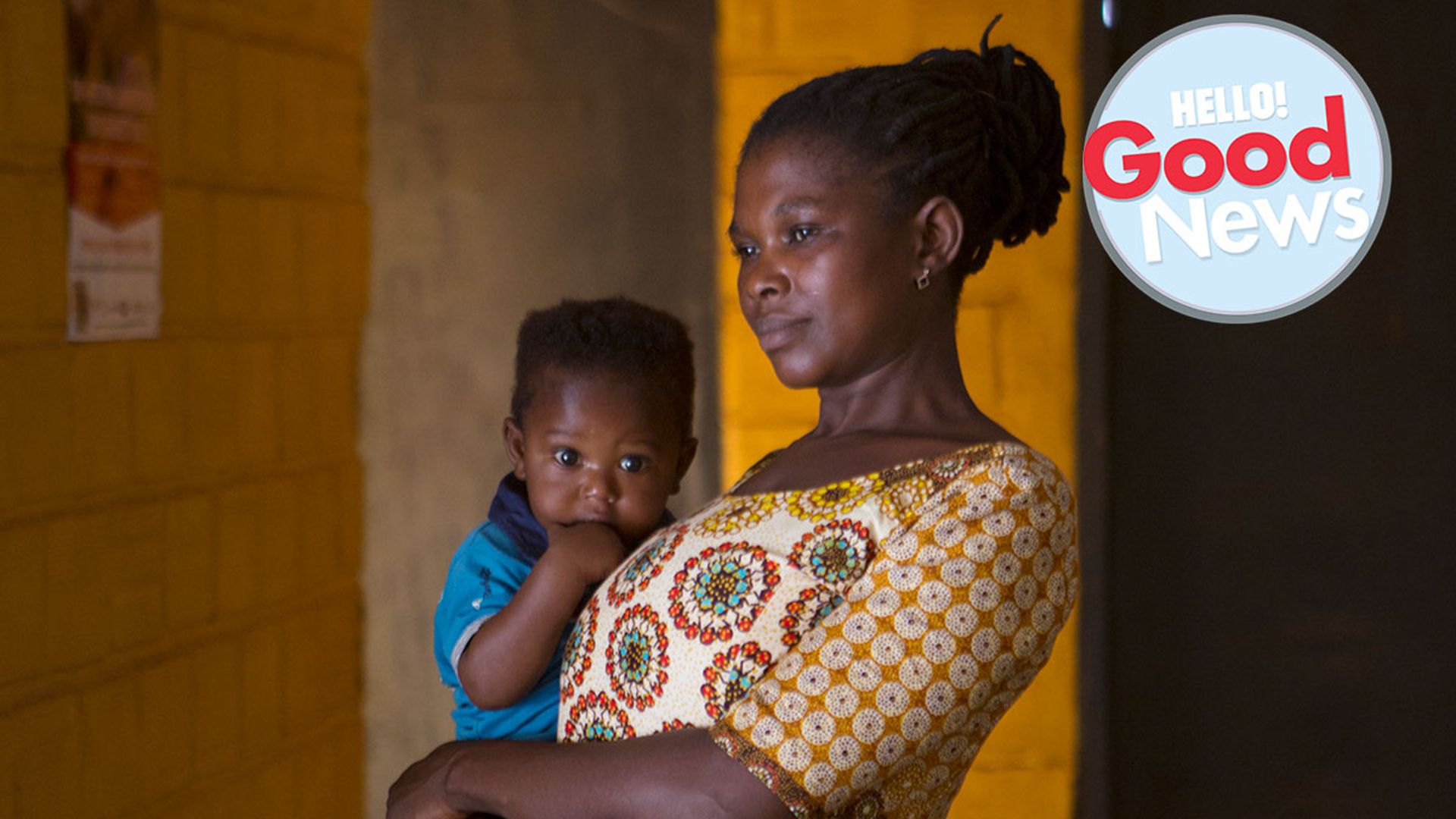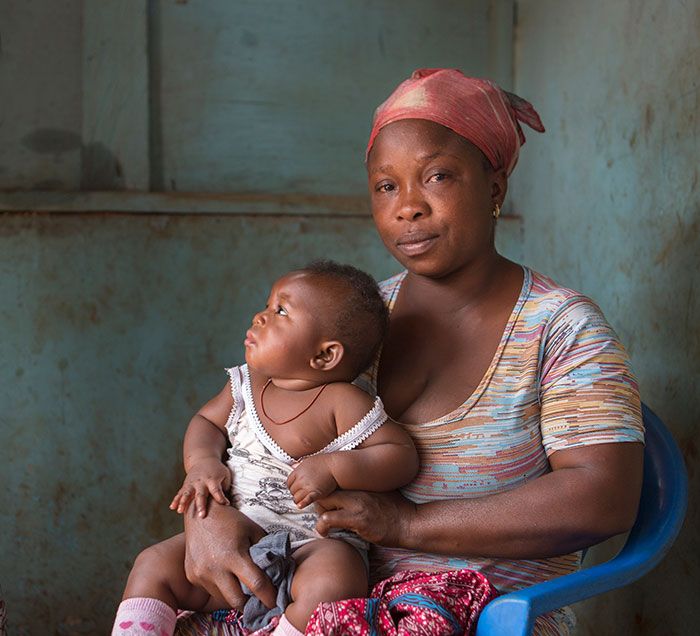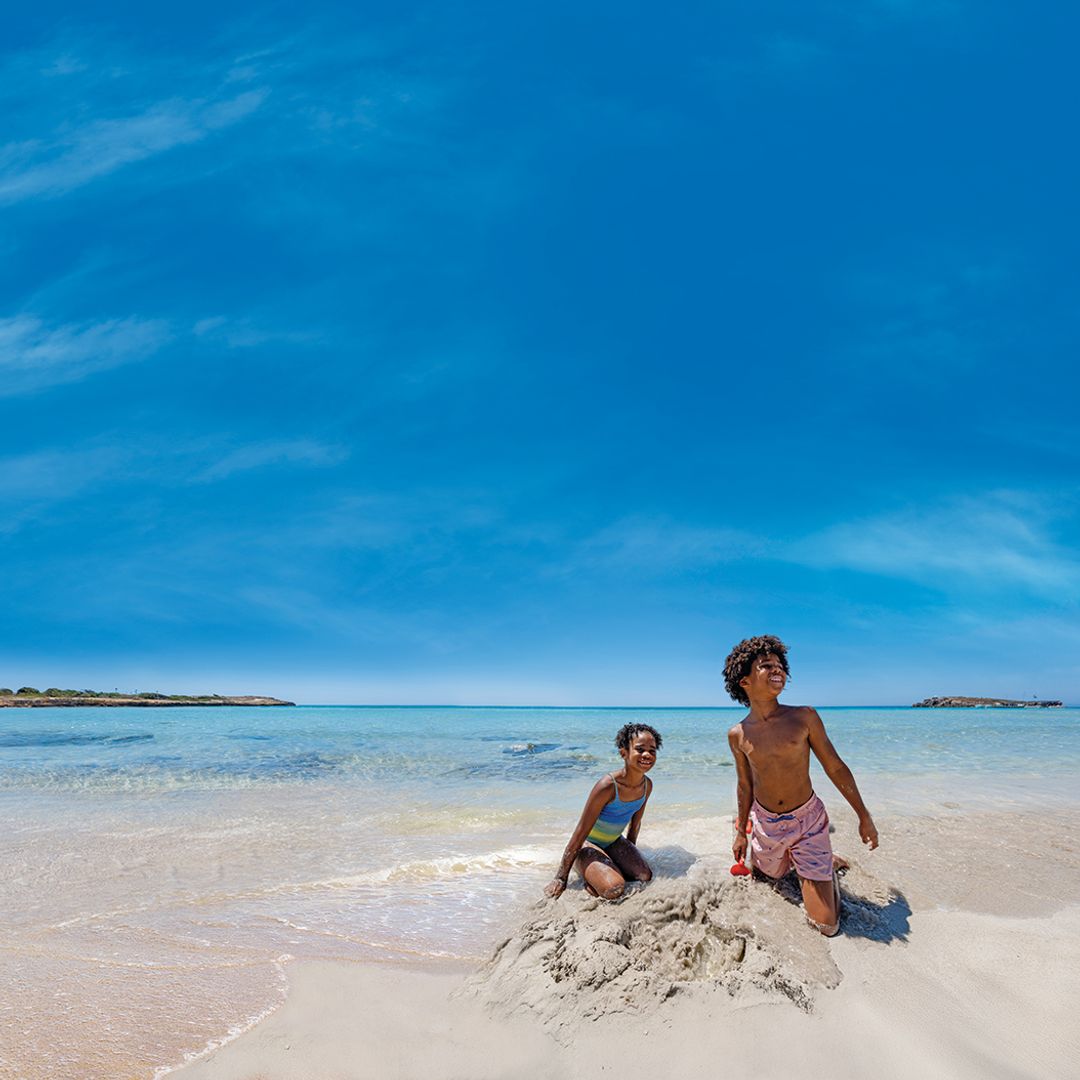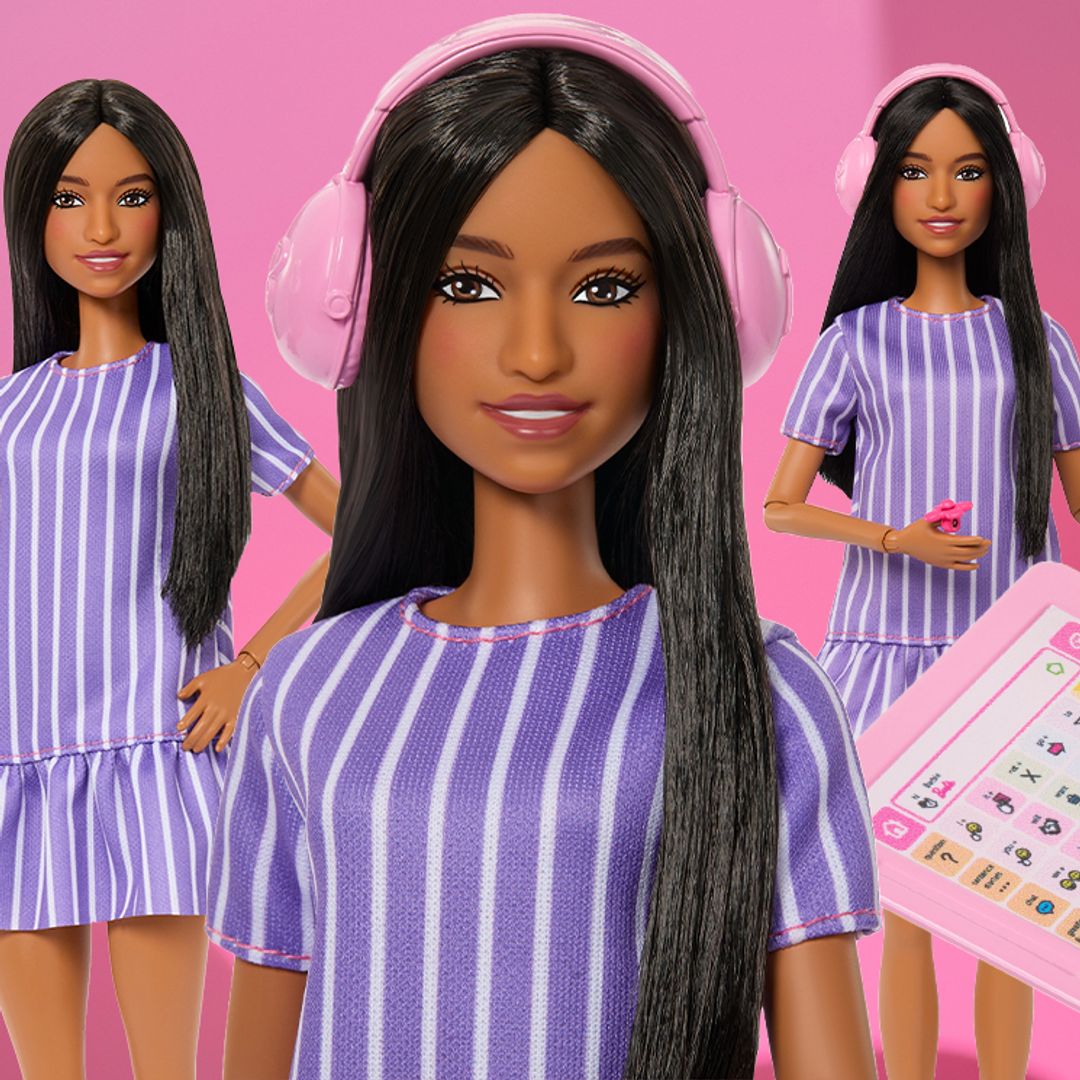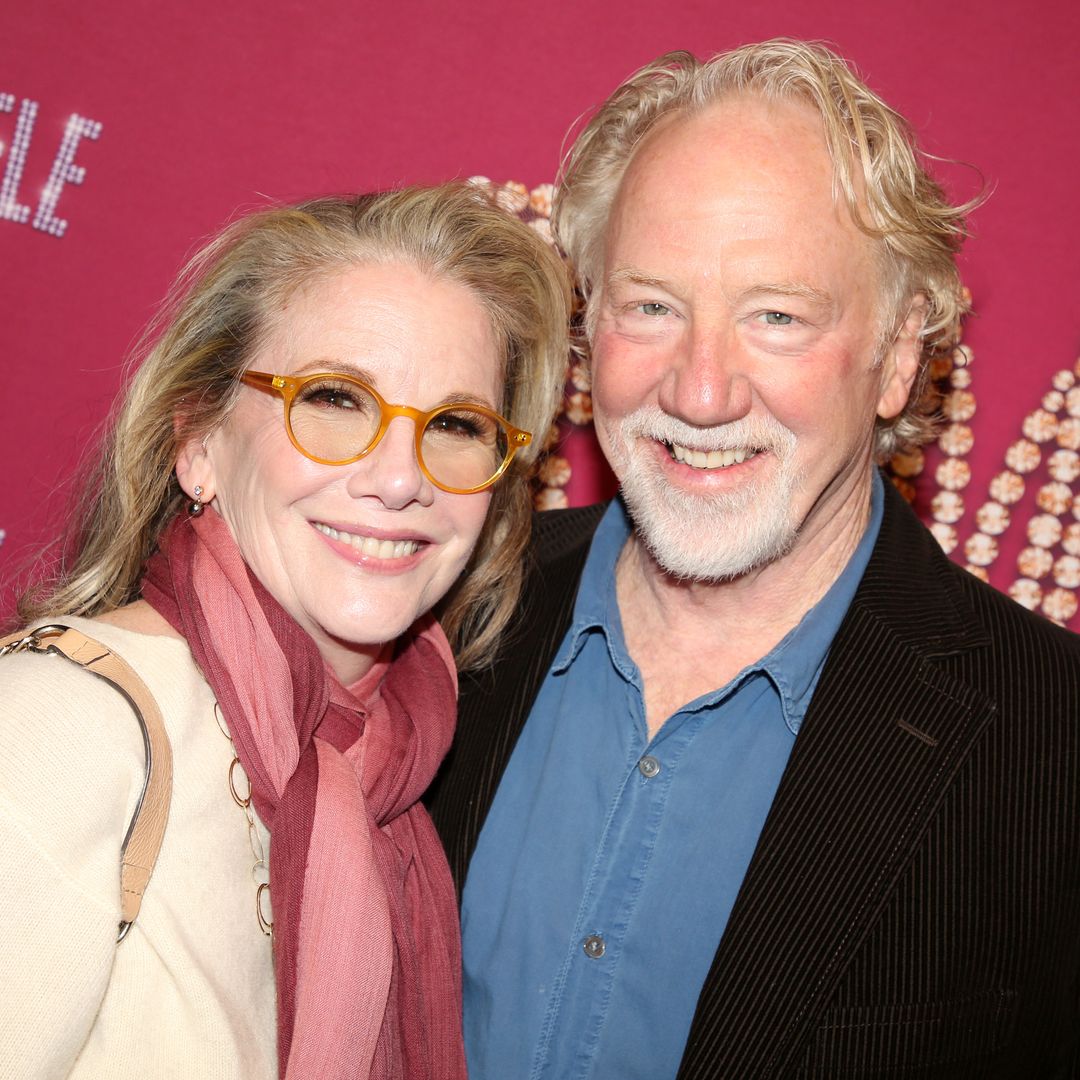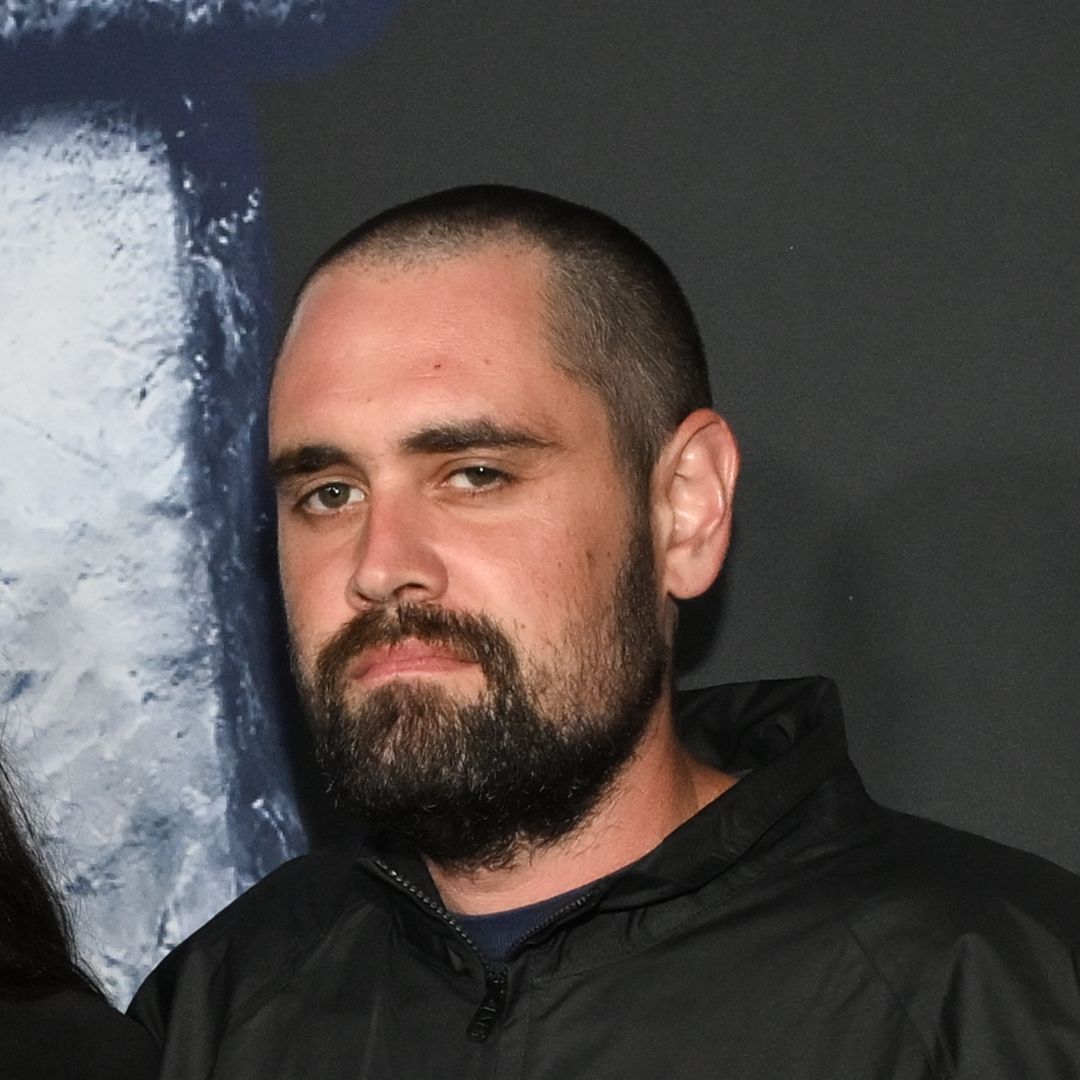Thousands of children across Africa have received the first-ever malaria-vaccine, a groundbreaking step in fighting one of the world’s deadliest diseases. Children in malaria-stricken regions of Ghana, Kenya and Malawi have been given the RTS,S malaria vaccine, lauded by health experts as a game-changer. The vaccine, also known as Mosquirix, has taken over 30 years of research to be developed by GlaxoSmithKline and while wouldn’t replace anti-malaria drugs, the use of insect repellents or mosquito nets, but would be considered as another significant tool in fighting the disease.
The vaccine can offer up to five years of protection to children
Malaria affects over 200 million people a year, and kills 430,000, mostly in Africa and mostly children. It is spread by female mosquitoes, which, when bites a person, injects parasites into their bloodstream. These quickly pass to the liver, where they multiply before going back into the blood and causing malaria's life-threatening symptoms. The new vaccine works to encourage a bitten child's immunity to stop the parasite from entering their liver, and make antibodies against it. Children are given four doses, the at six months old, and a final booster when they turn two - and can offer up to five years of protection against malaria. WHO are aiming to vaccinate 360,000 children every year.
WOW: High-tech contact lenses could correct colour-blindness
Charity Malaria No More reported that the vaccine prevented up to 40-50 per cent of cases in malaria in young children during a 15,500 person clinical trial. Dr Kwaku Poku Asante, Director of Kintampo Health Research Centre, explained how the vaccine will make a difference: "The vaccine is not the magic bullet of course - it comes to be an addition to existing tools like bed nets, not to replace any of them – but it is a game-changer and we will be able to drive the burden down further now. It has also been found to reduce the severity of malaria in those who do contract it. There is no other malaria vaccine available and this is a very good tool to add to the malaria prevention toolbox. Vaccines do reduce diseases and with around a 44 per cent case prevention rate, you only have to look at the numbers to see that this could potentially save millions of lives across Africa and beyond."
Do you have some Good News you'd like to shout about? Email our Good News ambassador Toff at toff@hellomagazine.com to share your story and visit our Good News channel for more feel-good stories.
